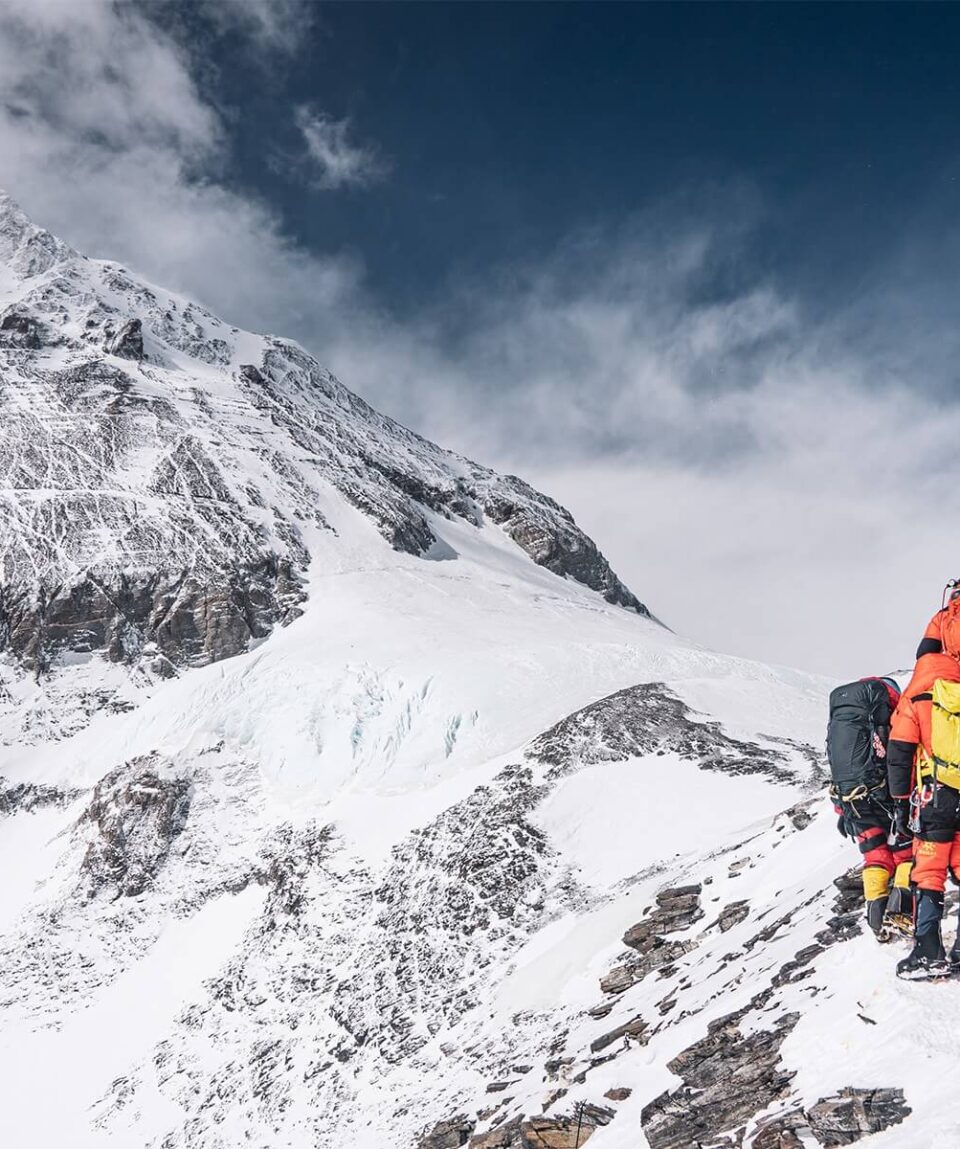Nanga Parbat Expedition
fromNanga Parbat Expedition: Conquer the 9th highest summit, Nanga Parbat(8,126m), while navigating treacherous terrain and terrible weather. “Killer Mountain” necessitates the best climbing abilities and determination.
-
Reviews 0 Reviews0/5
-
Vacation Style Holiday TypeCamping, Climbing, Expedition Style, Guided, Mountaineering, Rock Climbing, Trekking
-
Activity Level Challenging
-
Group Size Large Group
Awe-inspiring and difficult, the Nanga Parbat Expedition involves climbing Nanga Parbat, one of the most demanding mountains in the world. Nanga Parbat, the ninth-highest peak in the world, is situated in the Western Himalayas in Gilgit-Baltistan, Pakistan, and proudly stands at an elevation of 8,126 meters (26,660 feet).
Mountaineers from all over the world come together for the Nanga Parbat trip in search of the toughest test of their prowess, stamina, and willpower. Nanga Parbat gives climbers with a challenging yet thrilling adventure due to its steep, icy slopes, erratic weather patterns, and hazardous terrain.
Mountaineers usually leave from the small town of Skardu to explore the captivating Himalayan environment at the start of their expedition. Stunning valleys, verdant meadows, and meandering routes are all encountered on the way up to the base camp, providing glimpses of the surrounding snow-capped summits.
Climbers undergo strenuous acclimatization once at base camp to adjust to the high altitude and thin air. They build temporary camps at key locations around the mountain, gradually ascending and approaching the summit. Climbers can rest and refuel at each camp, which helps them cope with challenging circumstances.
Depending on the direction the expedition takes, there are different ways to reach Nanga Parbat’s peak. The often utilized Rupal and Diamir faces have unique difficulties and call for a variety of climbing methods. No matter the route used, climbers will come across sheer ice walls, exposed ridges, and crevasses, all of which call for exceptionally high levels of technical proficiency and physical fitness.
The Nanga Parbat Expedition depends heavily on the weather because of the mountain’s notoriously fierce storms and subfreezing temperatures. Climbers need to be ready for unforeseen weather changes and have the right equipment to resist extreme cold, powerful winds, and dangerous avalanches.
It takes a strong person to undertake the Nanga Parbat Expedition. It necessitates unwavering resolve, resiliency, and cooperation. On their grueling ascents, climbers frequently establish close-knit communities that they support and encourage one another in.
Those who successfully climb Nanga Parbat receive a tremendous sense of accomplishment as well as the chance to experience unmatched panoramic vistas from the summit. Few people have ever seen the huge expanse of snow-covered peaks, deep valleys, and far horizons.
But it’s important to remember that the Nanga Parbat Expedition is a dangerous project by nature. The mountain has the moniker “Killer Mountain” because of its treacherous terrain and the tragic deaths of numerous climbers. In order to reduce the risks involved with such an endeavor, safety precautions, appropriate training, and knowledgeable guides are essential.
Nanga Parbat Expedition is a magnificent journey that entices travelers to push their boundaries, face their concerns, and take in the breathtaking beauty of nature. It combines the strength of body, the fortitude of mind, and a deep connection with the gorgeous mountains, leaving an everlasting impression on the hearts and minds of those who dare to undertake this incredible adventure.
Inclusions in Base-Camp Service
- All meals (B, L, D) while on the base camp hike and while at base camp
- Arrival and departure hotel stays totaling four (4) nights in an Islamabad hotel (bed and breakfast only).
- Base camp lodging (single supplement)
- A complete base camp with a dining tent, restrooms, showers, and solar power
- All domestic/internal transportation
- Every domestic flight
- 110 lb (65 kg) of personal baggage
- Royalty and permit fees
- Liaison officers‘ equipment costs and compensation
- Group satellite phones and emergency devices with a set calling fee
- Staff insurance (Guides, cooks, kitchen workers, assistants, porters, etc)
- Pakistani cook with experience
- Kitchen personnel
- Porters for all supplies for the expedition
- Base camp solar power
- Generator of electricity (backup for high-voltage equipment)
- Talking radio (walkie-talkie)
- Reports about the weather from European sources
Exclusions in Base Camp Service
- High Altitude Climbing Leader/Sherpa, Hired from Nepal, (ask for information)
- Sherpa rope-fixing crew engaged from Nepal (further information requested)
- Above-base camp lodging
- (Tent, rope, ice crew, snow bar, EPI gas, cooking pots, stoves, gas, etc.) Group climbing equipment
- Meals consumed when ascending ((high altitude food/snacks))
- Personal climbing Sherpa: $12, 833 (covers salary, a kit allowance, a royalty fee, round-trip airfare from Nepal, meals in Pakistan, oxygen cylinders and a mask/regulator during the climb, lodging, etc.)
- Supplemental oxygen suggested for climbers (3 cylinders)
- The oxygen kit for climbers, priced at $980, comprises a regulator, mask, hoses, and transportation to high camps.
- Summit bonus of $1500 for a private Sherpa
- Airfare for travel abroad
- Clothing and sleeping gear for any peak higher than 8,000 meters.
- Insurance coverage for mountain rescue and evacuation is required.
- Cargo of personal items to/from Islamabad
- The visa cost for Pakistan
- Total Tips/gratuities to staff, cook, and assistant(s): US$490
- Meals in Islamabad
- Additional hotel stays following the ascent
- Trip cancellation insurance
- All costs incurred in the event of an early wind-up or summit (additional hotel stays, hotel meals, and evacuation)
- Charges incurred as a result of delays that are beyond Karakoram Trails’ control (for cause majeure)
- Personal correspondence between Pakistan and the home country by phone, fax, and email.
- Day 01 Arrive at Islamabad at Gandhara International Airport
- Day 02 Spend Free day at Islamabad
- Day 03 Drive to Chilas via Karakoram Highway
- Day 04 Travel to Halala Bridge and camp at Zangot
- Day 05 Trek to Kutgali
- Day 06 Trek to Nanga Parbat Diamir Base Camp
- Day 7 - 38 Ascend of Nanga Parbat
- Day 39 Trek back to Kutgali
- Day 40 Trek back to Zangot
- Day 41 Trek to Halala Bridge
- Day 42 Drive to Islamabad
- Day 43 Debriefing in Islamabad
- Day 44 Fly to home country
Please complete the registration form (click the green “register now and pay later” button) on this page to begin the registration process. Once you submit your form, we will contact you.
If your travel dates do not coincide with our departure dates or if you want to walk alone (with a guide, as required by law), we can arrange solo excursions.
Trekking alone is more expensive than hiking with others. However, it’s crucial to realize that climbing Mount K2 is impossible without a guide and, more crucially, porters (even if a visitor doesn’t want them). Reason: By law, guides are not required to carry any equipment. They need porters to transport everyone’s personal belongings, including the porters themselves, as well as tents, food supplies, equipment, and gas. There are no tea houses or other accommodations, unlike in Nepal. There must be taken enough provisions to last 12–14 days.
People travel in groups on our scheduled excursions, but on the route, nearly everyone walks alone, with the guide following the last member of the group. One of the porters or assistants advances in front of the group. The time gap between the first and last can be up to one or two hours. All hikes on Baltoro are fairly long, so nobody is rushed and everyone moves at their own leisure.
Additionally, we plan treks for exclusive groups. Please get in touch with us and let us know the dates that would work best for your group if you were interested in going on a different journey with your own friends or family.
As a group grows in size, the cost of treks for private groups reduces.
Spending some time getting ready before you leave would be quite fair. You can ask a professional trainer for advice or, on the other hand, you should abide by the fundamental guidelines (hike, long walks, and other cardio exercises that will help you build stamina), knowing that your body should be in good enough shape to walk for extended periods of time and climb for extended periods of time on difficult terrain made up of boulders, dirt, snow, and glacial ice.
You’ll feel a range of temperatures while on your trekking vacation. Up to 45 °C, 30 °C, and 26 °C were recorded in Islamabad, Skardu, and Askoli, respectively. Until we reach the camp at Concordia, when the temperature can be as low as 10 °C or more, a typical day will be warm unless the sky is clouded. The slopes leading up to the Gondogoro La Pass will be covered in snow until early July.
We might be able to walk on snow in June along the highest portions of Baltoro Glacier. By mid-July, snow usually starts to melt. In August and September, snowfall may be possible depending on the weather.
Temperature changes are erratic in the Karakoram Range. Temperatures between Paiju and Concordia may drop to -10 °C at any point throughout the trekking season.
Fixed Departures can reach temperatures as low as -10 °C in September. The Karakoram Range is unaffected by monsoon rains, therefore the summer months are ideal for trekking since they offer clear skies. The participants must be ready to deal with any unfavorable weather circumstances, nevertheless, based on our prior experiences and the fact that the weather is unpredictable.
It is customary for participants to at least give the devoted porters a tip for their labor, which includes lugging heavy loads of supplies and luggage. If the participants are pleased with the guide kitchen crew’s assistance, a payment of between 95 and 120 euros (or its equivalent in your currency) can be made to cover the entire cost of this component. Our trek’s tour guide or leader will be essential in determining how much to tip each crew member and staff member. A “thank you” ceremony will be planned at the end for participants to pass off their tips. Porters who depart early will receive tips earlier
The participants will receive all three meals—breakfast, lunch, and dinner—during this excursion. Our menu will contain a mix of foods from abroad and within Pakistan. Pakistan will be the source of the food’s ingredients. Coffee, cereal, tea, eggs, muesli/porridge, toast, and chapatti will all be included in the breakfast meal. On the trek, lunches will be eaten during the lunch breaks. Options include canned or tinned meals (meat, fish), pickles, crackers, chapatti, pate, and cheese, among others. Our lunch menu for the day is heavily influenced by the weather; participants will start or conclude their meals with tea, coffee, juice, soup, etc.
Every night, the meal will be served in the mess tent, where everyone will congregate to eat the freshly cooked food made by the cooks traveling with our crew. As long as they are nutritious and fresh, fresh veggies will be offered during the first few days of the journey. All vegetarian participants must get in touch with our office and let us know in advance if they require a vegetarian meal plan while on the trek.
Iodized water will be given to trekkers in the mornings, while they are taking breaks and camping. Everybody will drink spring water whenever it is available, but if we run out of options, the participants may have to drink glacier water, which may contain silt.
It is common practice to store water in very big kitchen containers, which also aid in settling the silt particles at the bottom. Participants are welcome to bring their own supplies of bi-carbonated soda if they are sensitive to the smell of iodine. Although everyone benefits greatly from traditional approaches, trying out new ones has no negative effects.
The participants must check in at Islamabad International Airport on the first day. At the gates for international arrivals on the airport grounds, our staff or guide will meet and greet our guests. The host will be escorted to their hotel by the guide or crew. If any of our guests do not need to be picked up from the airport, they must let us know in advance.
Two days ahead of their arrival in Pakistan, they must also provide us with the specifics of both their incoming and departing flights. Our office will email you the names and phone numbers of our office staff after receiving confirmation of your registration and payments.
The majority of the nights will be spent tent camping among the majestic mountains, with a few nights being spent in Skardu and the capital city of Islamabad. While the accommodations in Islamabad are in conventional hotels, the lodgings we chose in Skardu town are some of the best. The accommodations we give at the hotels will be twin-sharing rooms with en-suite bathrooms.
The participants will share a tent large enough for two people while camping. Any person who is traveling on this walk alone will be accommodated by sharing a tent and a room with another participant. First preference will be given to stays with people of the same gender for strangers and lone hikers.
However, a participant can choose a separate tent or hotel room if they so choose; however, there will be an additional charge for arranging a separate arrangement. Participants requiring special assistance must notify our office in advance.
The participants will be awakened by our guide for coffee or a warm cup of tea throughout the trekking days, which will be followed by a satisfying meal in the mess tent. Before breakfast, there will be plenty of time to pack the luggage. After breakfast, the camps will be shut down, and the porters will resume carrying supplies and luggage so that the participants can arrive at the lunch location and begin meal preparation before them. Porters will repeat the procedure in order to get dinner ready for the participants by using the “trek earlier” strategy. Before lunch, a typical hike lasts three to four hours.
Typically, lunch takes an hour, so this is a great opportunity to relax, regain strength, write, read, and do other activities.
The length of the walk will be shorter after lunch than before. The camps will already be put up or already be going when you get to the next camping location. Participants will be given a hot beverage when they arrive at the camp, and supper will be served when it is ready. Once at a camp, participants can relax, read, write, interact with others, and take pictures and videos. The temperature typically drops at night, allowing participants to feel cozy in their sleeping bags and enjoy a full night’s sleep before the next day.
It may be necessary to bring portable chargers, storage cards, and extra batteries on the hiking trip. To ensure that your devices continue to work as long as possible, we urge you to compile a list of all the adapters, plugs, and other electrical equipment you could need.
To find out the best portable battery chargers please visit this link.
We strongly advise our guests to take some time to study the official travel advisories on their country’s Foreign Office website because we endorse and advocate all travel and health safety efforts by various nations across the world. Our first goal is to make sure that our guests are safe. Once we are confident in the safety and security, we won’t begin the journeys. We shall be in constant contact and engage in bilateral communication with the guest who has been reserved for Pakistan.
-
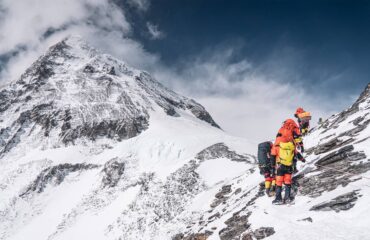 nanga parbat expedition
nanga parbat expedition
nanga parbat expedition
nanga parbat expedition
-
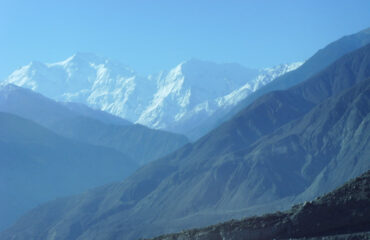 nanga parbat expedition
nanga parbat expedition
nanga parbat expedition
nanga parbat expedition
-
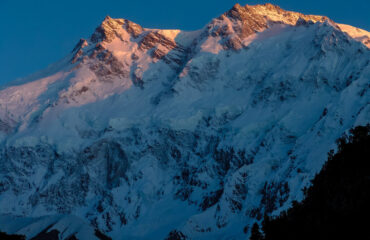 nanga parbat expedition
nanga parbat expedition
nanga parbat expedition
nanga parbat expedition
-
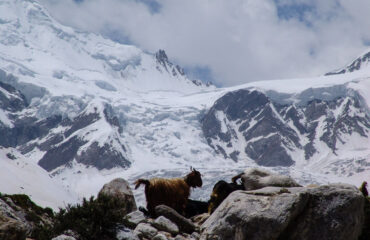 nanga parbat expedition
nanga parbat expedition
nanga parbat expedition
nanga parbat expedition
-
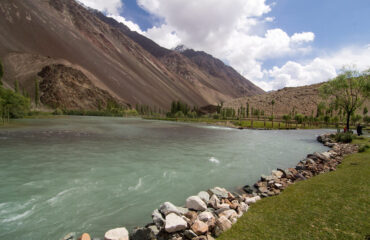 nanga parbat expedition
nanga parbat expedition
nanga parbat expedition
nanga parbat expedition
-
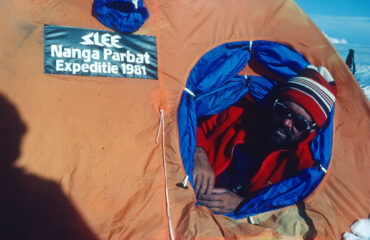 nanga parbat expedition
nanga parbat expedition
nanga parbat expedition
nanga parbat expedition
-
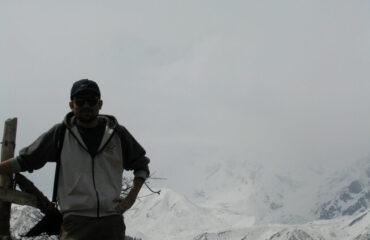 nanga parbat expedition
nanga parbat expedition
nanga parbat expedition
nanga parbat expedition
-
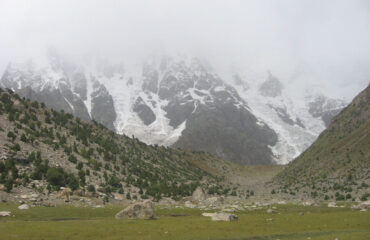 nanga parbat expedition
nanga parbat expedition
nanga parbat expedition
nanga parbat expedition
-
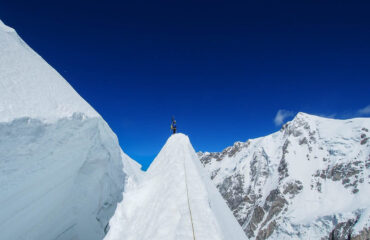 nanga parbat expedition
nanga parbat expedition
nanga parbat expedition
nanga parbat expedition



